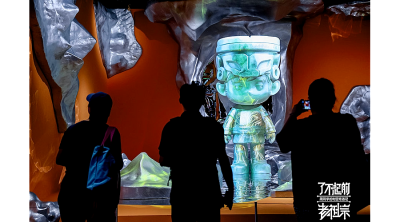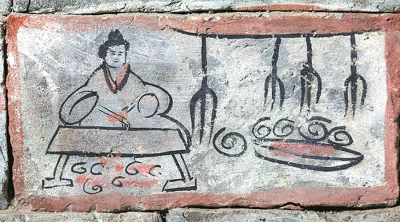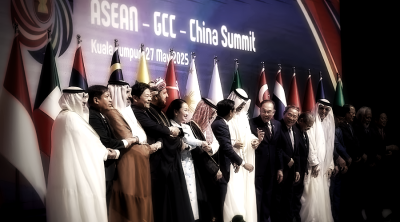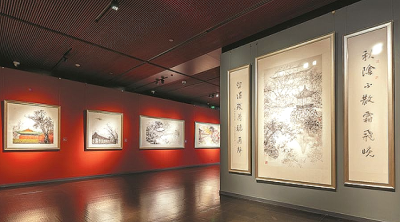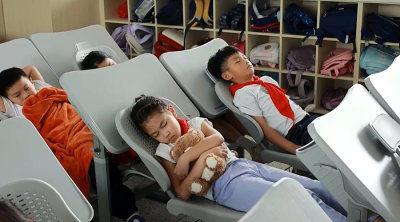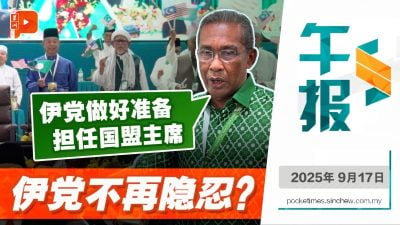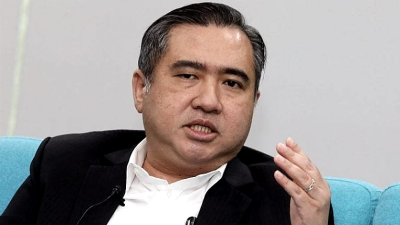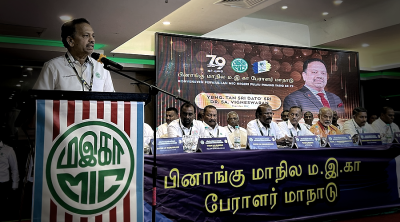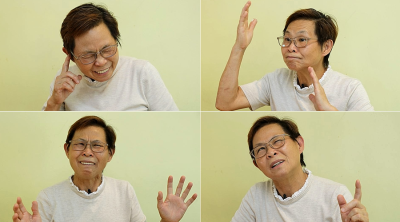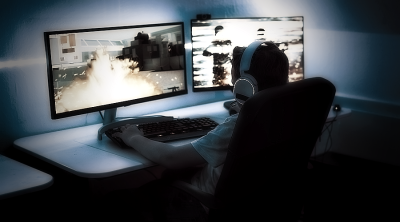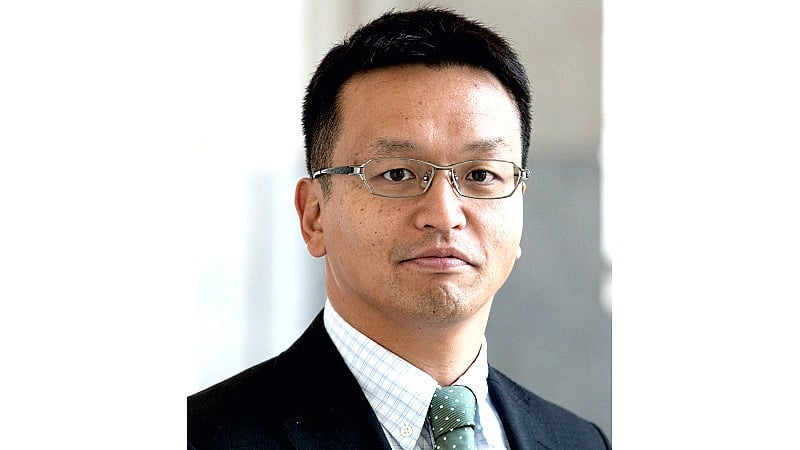
North Korea’s “five-year plan for the development of the defense science and the weapon system” is in its third year and has passed the halfway point.
Following tests of a diverse range of weapons, including solid-fuel ICBMs and hypersonic glide missiles, a military reconnaissance satellite was launched on May 31.
Despite its failure, the “five-year plan” seems to be on track.
Miniaturization and weight reduction of nuclear warheads are also major issues, and the truth is that North Korea likely wants to go ahead with a seventh nuclear test.
However, China’s Xi Jinping administration opposes North Korea’s nuclear program, which is why North Korea has continuously exercised self-restraint.
On March 27, when Kim Jong-un visited the Nuclear Weapons Research Institute and looked at the many nuclear warheads there, he said, “The enemy against which our nuclear power is pointed is not a nation or a specific group, but war and the scourge of nuclear warfare itself.”
Despite flaunting the nuclear warheads, this was a restrained statement, not suggesting that North Korea would go ahead with any nuclear tests.
In contrast to the days when nuclear tests were regularly carried out, China-North Korea relations are now very good.
On April 8, a North Korean newspaper reported that a verbal letter had been sent from Xi Jinping to Kim Jong-un.
Xi Jinping thanked Kim Jong-un for “sending the first congratulatory telegram” when Xi was elected president for the third time, and Chinese Ambassador Wang Yajun, who had just taken up his post in North Korea, conveyed this to Kim Song-nam, head of the International Department at the Central Committee of the Workers’ Party of Korea.
Verbal messages have been used between China and North Korea during the Covid-19 pandemic, since it has been difficult to physically exchange letters, but this one received unusual treatment as it became front-page news complete with a photo.
The day before, an article about Ambassador Wang’s presentation of his credentials was featured on the front page, also with a photo.
It was also reported with photos that he met with Foreign Minister Choe Son-hui on May 9 and Premier Kim Tok-hun on May 18.
He has attended a number of meetings with key persons like the External Economic Relations Minister, the Education Minister, and other ministers as well as the chief editor of the Rodong Sinmun, but this is the first time in the Kim Jong-un administration era that a foreign ambassador in Pyongyang has been treated so favorably and been so widely reported, showcasing the honeymoon relations between China and North Korea both at home and abroad.
July 27 marks the 70th anniversary of the armistice following the Korean War, in which Mao Zedong supported North Korea even as it meant his eldest son dying in battle.
The timing is perfect for North Korea to strengthen its “blood alliance” with China, increasing the possibility that the first China-North Korea summit since June 2019 may be held later this year.
The intensified confrontation with Japan, the United States, and South Korea will also be a factor in boosting the honeymoon relations between China and North Korea.
Kim Jong-un has uttered the word “New Cold War” several times since the year before last, and in a speech at the end of last year he denounced Japan, the United States and South Korea as “Asian NATO.”
This marks a return to the worldview of the Cold War era, in which North Korea is backed by China and Russia to counter the rapidly deepening security cooperation between the United States, South Korea, and Japan.
Although North Korea has been conspicuously close to Russia, for example by severing relations with Ukraine and recognizing the Donetsk and Lugansk regions, the relationship with Russia is not sufficient to replace its relationship with China.
What matters to North Korea is that Russia is a permanent member of the United Nations Security Council. If North Korea were to conduct a nuclear test, the existence of Russia, which has veto power, is meaningful for North Korea in terms of risk hedging and counterbalancing in the event of a deterioration in China-North Korea relations, as it is possible that the United States and China may act in concert and vote for a sanctions resolution as they did in 2017.
Needless to say, the transition to a “with Covid-19” policy will also help realize a China-North Korea summit meeting.
North Korea, which adopted the world’s strictest quarantine policy, is also trying to reopen its borders. Aforementioned Ambassador Wang crossed the China-North Korea border on March 27 and arrived in Pyongyang on April 3.
The post had remained vacant since his predecessor, Ambassador Li Jinjun, returned to China at the end of 2021. North Korea, with its poor nutritional situation and poor medical system, feared the influx of new infectious diseases, so the restrictions on people’s movement were applied to dignitaries without exception.
It took a week from entering North Korea for Ambassador Wang to arrive in Pyongyang. This shows that the North Koreans are still wary of viruses entering the “Capital of the Revolution.”
However, it should also be noted that the Rodong Sinmun’s Covid-19 special section, which had been featured daily for more than three years, disappeared entirely in late May.
This means that North Korea is attaching importance to the WHO’s lifting of its “public health emergency of international concern.”
Following the restarting of trade with China, which accounts for most of North Korea’s trade, it seems that preparations are being made to resume inbound travel by Chinese tourists.
North Korea has opted for honeymoon relations with China not only politically but also economically, keeping them from conducting nuclear tests that would anger the Xi Jinping administration.
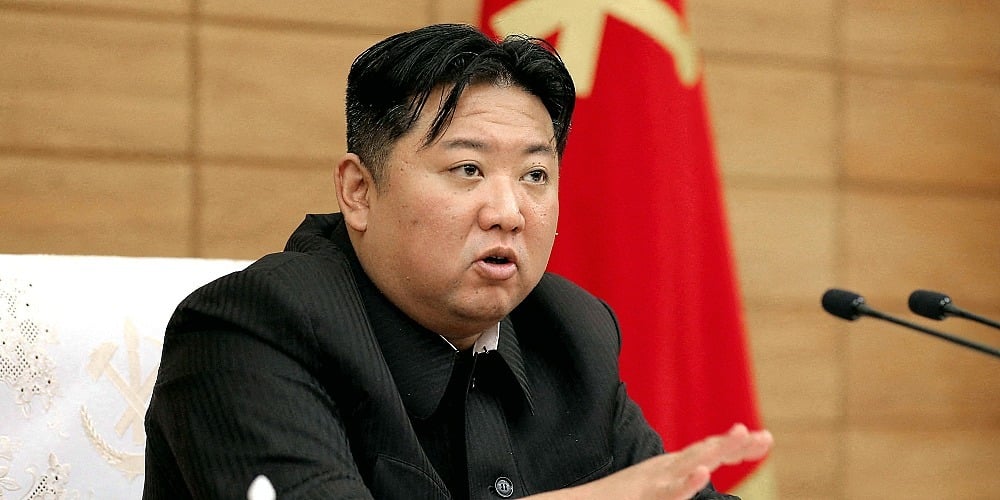
(Atsuhito Isozaki is Professor at Keio University, Japan.)
ADVERTISEMENT
ADVERTISEMENT






